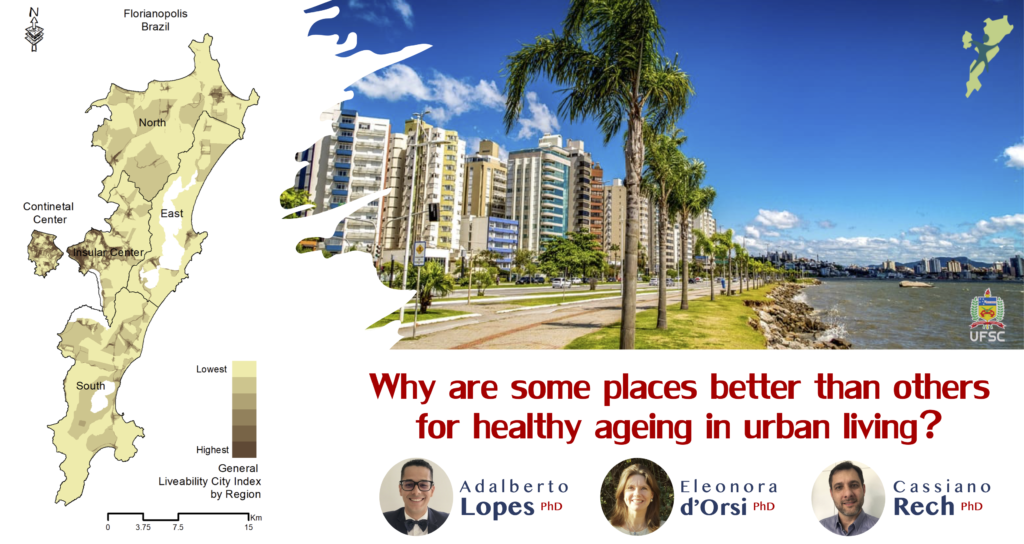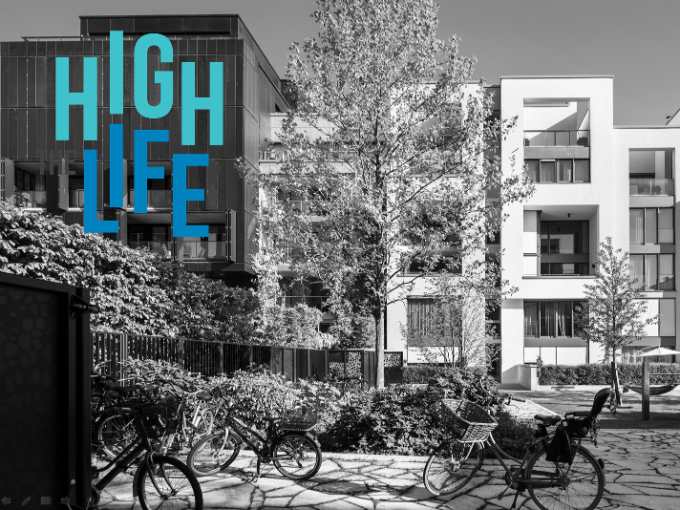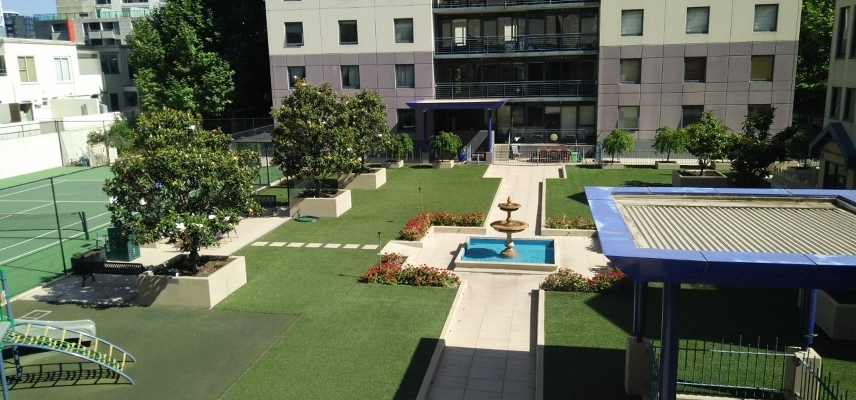Visual Essays
Share
City and Climate Zone
The capital of Germany, Berlin has a Continental Climate with warm summers and cold winters. It combines historic architecture, green spaces, and modern infrastructure, making it a hub for urban innovation.
Thematic Focus
Health and Climate Impacts
Health Impacts
Sealed streets in Berlin exacerbate the Urban Heat Island effect, increasing risks of heat-related illnesses like heatstroke and respiratory issues due to worsened air quality. Reduced thermal comfort discourages outdoor activity, particularly for vulnerable populations.
Climate Impacts
Heat retention from sealed surfaces intensifies urban temperatures and increases stormwater runoff, leading to urban flooding and ecosystem stress, reducing the cooling benefits of nearby vegetation.
Reflexive Approach
A thermal study of Berlin’s pedestrian urban scenes reflects on the interplay between urban design and thermal comfort during summer. It combines objective measurements with subjective insights, considering the impact of sealed surfaces, shading, and greenery on pedestrians. Researchers critically evaluate their own biases and engage with stakeholders for inclusive perspectives. The study advocates practical solutions to enhance thermal comfort and public health.
Technical Description
The survey was systematic, involving meticulous planning to identify key pedestrian urban scenes such as stops & stations, street crossings, respite areas, and entrances to buildings with priority uses. These strategically chosen locations aimed to assess thermal conditions and their impact on walkability in high-activity zones. A FLIR e76 thermal imaging camera was used to measure surface temperatures of pathways, sealed streets, vegetation, and shading structures. The equipment setup included a tripod for stable imaging, a handheld weather station for ambient temperature, humidity, and wind speed data, and a GPS tracker to map survey routes accurately.
Team
Alvaro Valera Sosa, lead researcher
Anna Au, research assistant
Krati Agarwal, research assistant
Related posts

Urban health is a complex system that involves several indicators acting together, there is no single solution to the health-related issues in cities. We wanted to promote healthy ageing in urban living. Our strategy was to take people’s needs and demands into account, when evaluating, monitoring and proposing feasible changes in built, natural and social environments.

This study adds to the literature on the health impacts of lockdowns by examining longitudinal changes in the health behaviours of Australian apartment residents. Following the COVID-19 lockdown, residents reported increased walking for recreation, sleep duration, and home cooking frequency, but decreased walking for transport, greater sitting time, and weight gain. Alcohol consumption remained stable.

Apartment design guidelines in Australian cities should better consider the role of well-designed communal spaces to enable social connection amongst residents.